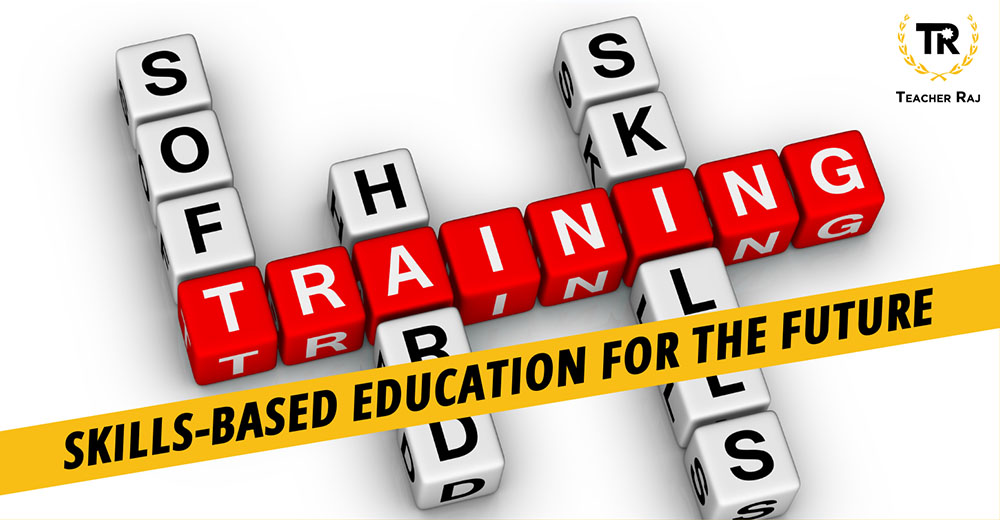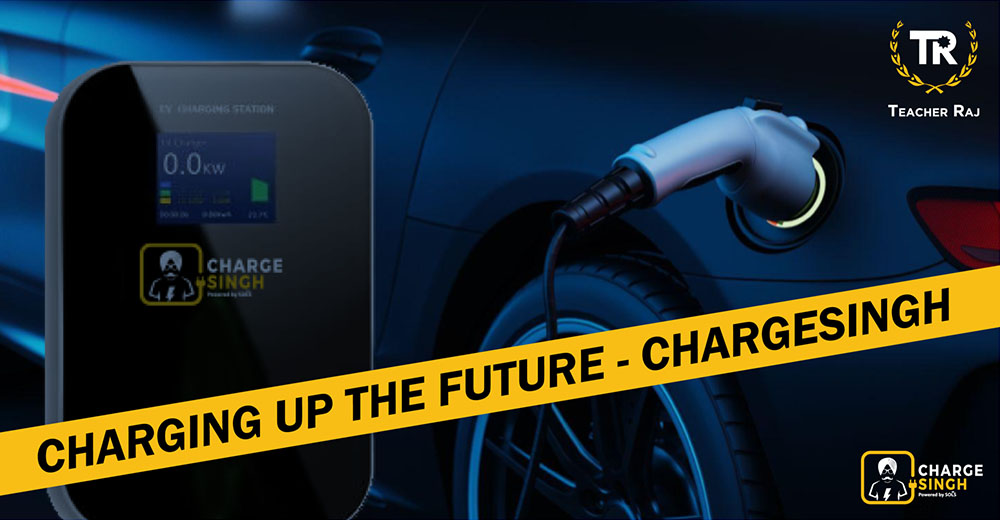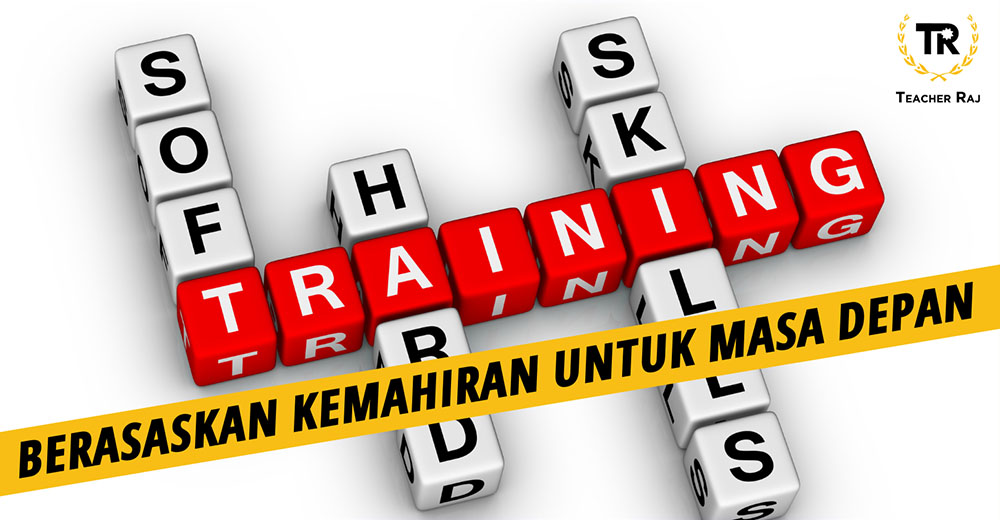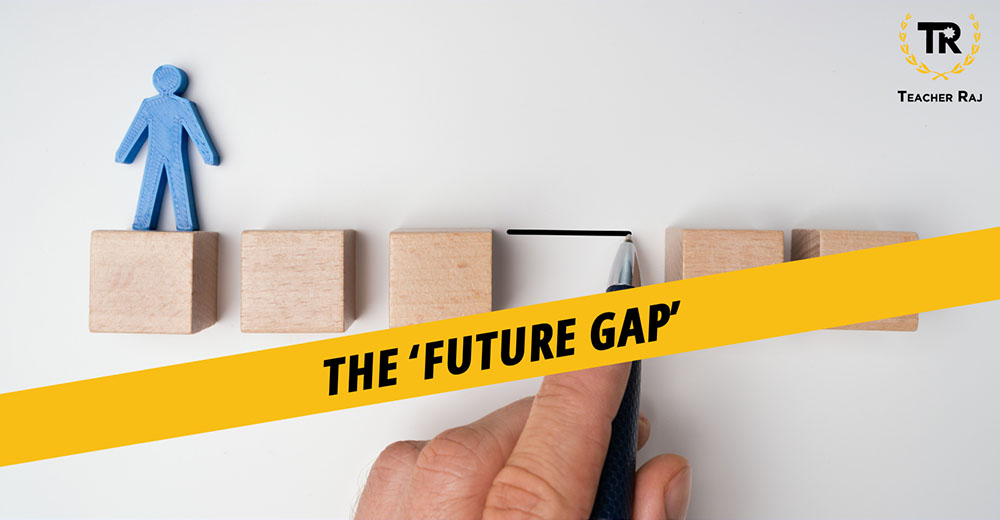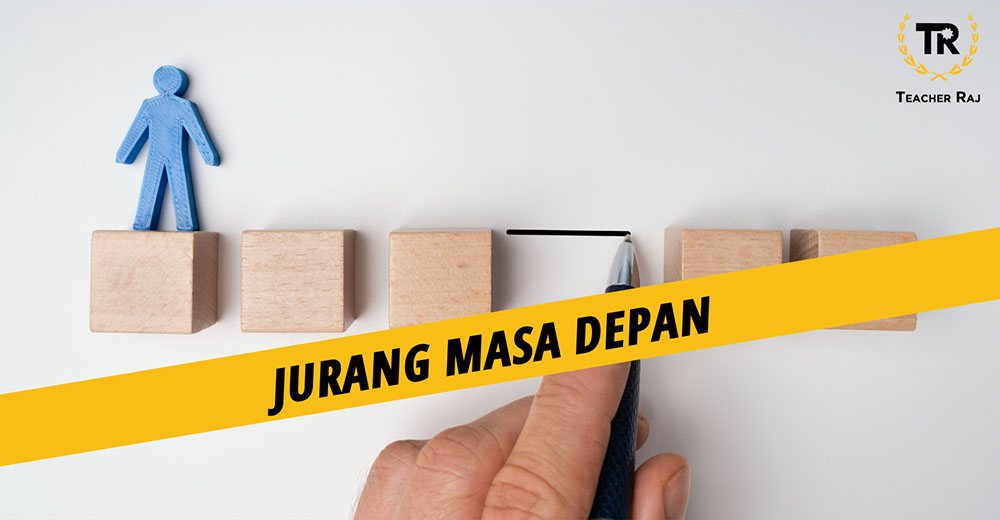When we think of education, we think about books, classroom learning, memorization, and examinations; and it often concludes with a paper certification such as a diploma or a degree. It is academic merit. We quickly equate degree = educated, and vice versa.
But many employers and HR professionals today will tell you – academic merit may not necessarily mean much these days. What is a degree worth when you are unable to express your ideas in a coherent way, or work in a team?
The WHO defines life skills as “abilities for adaptive and positive behaviour that enable individuals to deal effectively with the demands and challenges of everyday life”. It is also accessing and applying knowledge for productive outcomes.
There is an increasing emphasis in the workplace for life, or soft skills – workers with communication and collaborative skills, who are proactive and independent. People who are critical thinkers and problem solvers. Skills, which are often not taught in conventional methods of education. Skills that may be absent even with academic merit.
It is time to look at the future, from the perspective of skills-based education.
It prepares the young for a rapidly changing future
Our world is constantly moving and changing, and we need to equip our young people to face this inevitable reality. We need to raise a resilient and adaptable generation who will form the workforce of the future. Reliance on academic results and traditional education is no longer adequate. The Covid-19 crisis has exposed this when seemingly overnight, many jobs became unviable, the majority of the workplace moved online, and digitalisation became a priority.
Many lacked the skills needed to overcome the hurdles of the pandemic and to respond to change effectively. This impacts not just the individual, but also employers. A workplace that is ill-fitted to adapt to changes and challenges will be at a disadvantage.
Academic or technical skills, while necessary, have a narrow scope. It is knowledge or information that you accessed and maintained. Life skills have a wider extent that can be applied in various situations, regardless of the role, or job scope. It is a transferable skill that can be brought to any job, even if it is a vastly different one.
It tackles education inequality
The majority of those in poverty have limited access to education. Centering employment on academic results means those who have a lack of formal education, are left out. They do not even have a chance. This perpetuates an endless cycle, trapping those in poverty for generations. Those with the financial abilities to get an education will dominate the job market, and be able to enjoy the opportunities and benefits that come with it.
Skills-based education has the ability to improve the lives of poor communities, providing them with not only the head knowledge but also crucial soft skills that will give them a fighting chance in the job market. It improves their prospects and enables them to better navigate the unlevel playing field.
One key thing to note as well, is that hiring trends are changing. Employers are acknowledging the value of soft skills, and in some cases, academic results rank low in the list of priorities. What stands out is if the candidate is able to demonstrate critical thinking, problem-solving, and the ability to learn on the go.
Changing education structures is not an easy thing to do, but it needs to be done – it is projected that by 2030 there will be 1.6 billion young people on the planet, and less than half of them will have the basic skills they’ll need to contribute to society and to keep up with the rapidly changing economy. This is even more critical in impoverished regions such as Sub-Saharan Africa.
Soft skills are no longer merely an option – it is a necessity. It doesn’t just prepare us for the workplace or the job market, it also prepares us for life and the uncertainties that come with it.
